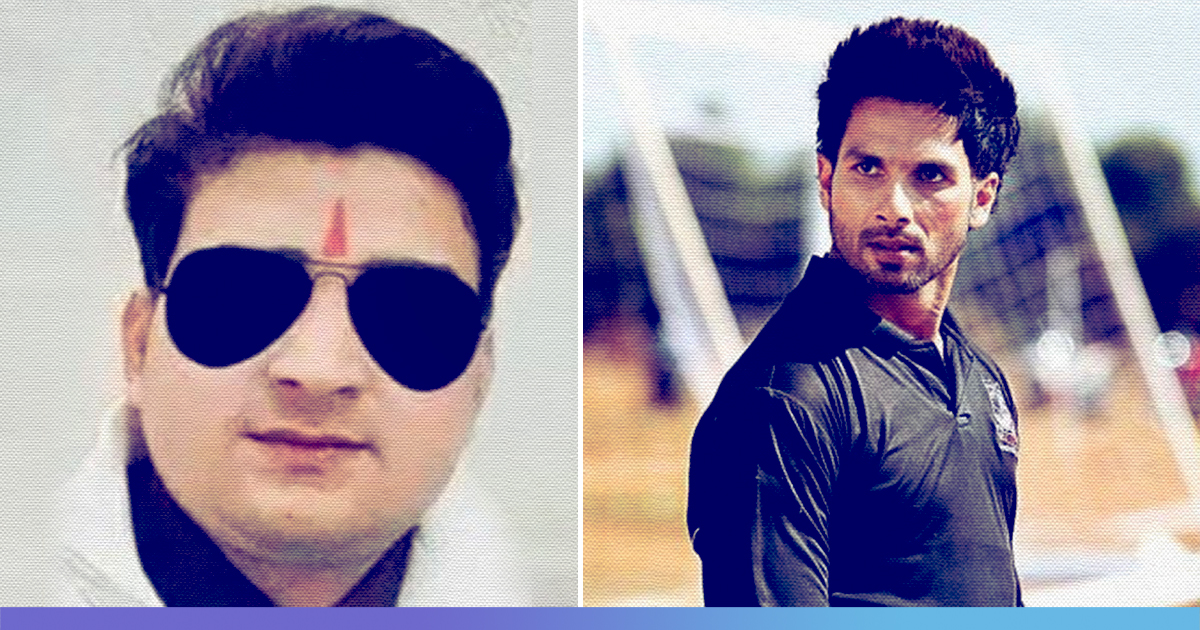Flight attendant Nikita recently returned to her Daulatabad village in Maharashtra, which was also TikTok star Ashwin Kashyap aka Johnny Dada’s, maternal home. Ashwin and Nikita’s families knew each other, and though Ashwin had been interested in Nikita for years, she never reciprocated his feelings.
Ashwin believed that he and Nikita had been in a relationship for several years, but his family claimed that this was entirely a product of his imagination.
So when he learnt that Nikita was going to be married to someone else, he gunned her down.
Shocking as it may sound, Nikita is Ashwin’s third victim between September 26 and 30.
Rahul and Krishna, his first two victims, were the relatives of a local Bharatiya Janata Party (BJP) leader Bhim Sen. The two of them had allegedly humiliated Johnny by stripping and beating him in public. After the third murder, Ashwin killed himself.
Popular on TikTok, Johnny would upload angry villain clips on the social media app. One of these clips was a dialogue from Kabir Singh: “Jo mera nahi ho sakta, use kisi aur ke hone ka mauka nahi doonga.” (I will not let someone who cannot be mine become someone else’s either). Reportedly, he was inspired from the film and would share several pictures of Shahid Kapoor’s character from the same.
When Cinema Influences Real Life
Cinema can be very powerful, and can affect people, particularly youngsters who are still developing and shaping their views on society and the world as a whole. From dramas to documentaries, films of any genre can have a dramatic impact on real life. Even if we are not aware of it, chances are that we have all seen at least one film that changed our popular culture’s landscape. Films change our lives outside the theatre in tangible ways.
These changes, however, can be both positive and negative.
Despite being a money-spinner at the box office, Sandeep Reddy Vanga’s Kabir Singh stirred a huge controversy when it was released. The major issue stemmed from the character of the protagonist played by Shahid Kapoor, and the anger management issues that plagued him.
With India’s ongoing battle with the escalating violence against women, the violent, obsessive, destructive, toxic nature of Kabir Singh glorified on-screen made some in the audience furious.
Vanga has earlier been criticised for defending his creation, rather vocally. His controversial statement: “When you are deeply in love, when you are deeply connected with your woman or vice versa, there is a lot of honesty in it. If you don’t have that physical demonstration of it, if you don’t have the liberty of slapping each other, then I don’t see anything there”, did not go down well with many.
However, with time, the debate died down and people began to forget about the film until the news of the flight attendant’s death came to light.
Reacting to this incident, Kabir Singh director Sandeep Reddy Vanga said that he was sorry for the victim and her family, but his films have never endorsed murder or killing. He has claimed that Shahid’s character in the film was self-destructive, and caused more harm to himself than others.
Incidents of men attacking and killing women for rejecting their advances is not new. We come across such headlines every day. However, in this case, there is a direct link between a movie and crime against women.
Films like Kabir Singh not just teach toxic masculinity, but also internalize misogyny. What is problematic in itself is Kabir Singh’s girlfriend in the film accepting his violent, abusive nature. Her submissiveness gives out a very wrong message – in a world where women are fighting for equality every day, what narrative does a character like Preeti set for society?
It is okay to show flawed characters, but not okay to glorify them. Popular media should narrate stories of abuse responsibly. Entertainment value and social responsibility are not mutually exclusive. If they must be told, stories like Kabir Singh should be narrated as cautionary tales.
From psychological thrillers to rom-coms, films have a massive influence on society – they challenge the audience’s morals and transform viewers’ opinions. Evocative background music, powerful visuals, impressive heroes and scary villains can influence how things play out in real life, for better or for worse. On the positive side of it, Aamir Khan’s Taare Zameen Par is a wonderful example of how society is sensitized to the struggles of children with learning disabilities.
Now that the Kabir Singh debate is back, it makes us wonder why filmmakers do not introspect before creating something that affects the masses. No filmmaker would explicitly endorse murder in their movies. The influences are rather subtle, but at the same time, hard-hitting.
Both in real life and in reel, we have too many Kabir Singhs around us, and we are exhausted of them.
Also Read: Time For Men To Accept Rejection With Grace










